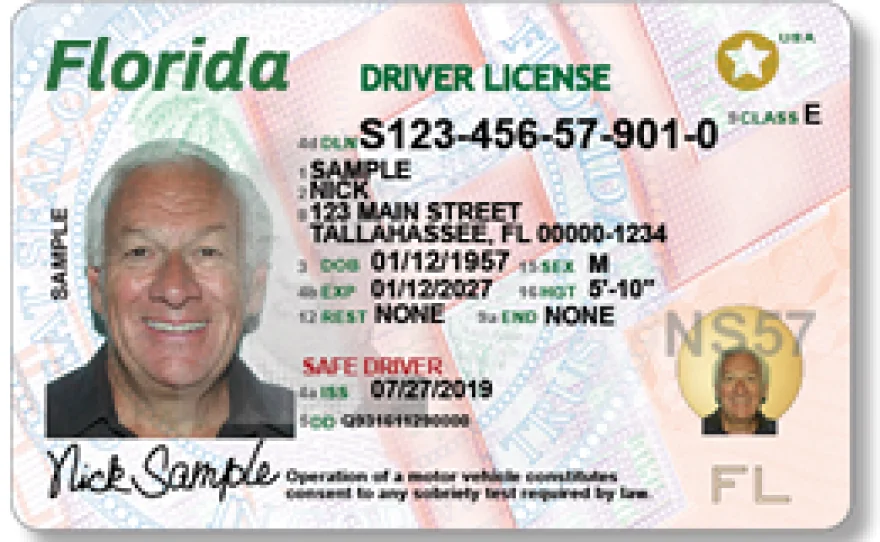Florida
ID Scanning Laws
In Florida, as a hotelier, you are allowed to retain and use information obtained from IDs for specific purposes. These include verifying a customer’s age, establishing a customer’s identity, confirming a customer’s license status to operate a vehicle, and for certain types of disclosures to other businesses and agencies. If you’re interested in the specifics, continue reading for a detailed breakdown of the laws and regulations governing ID scanning in Florida.




Florida State Legislature
ID Scanning Resources
The Legal Framework
Florida ID Scanning Laws and Regulations
Florida’s ID scanning laws are primarily governed by the Driver’s Privacy Protection Act (DPPA), a federal law enacted in 1994, and Florida’s own state laws. The DPPA restricts the use and disclosure of personal information contained in the motor vehicle records of state DMVs. Florida’s laws further detail the acceptable uses of ID scanning and the information derived from it.
The Driver’s Privacy Protection Act (DPPA)
The DPPA (18 U.S.C. §§ 2721-2725) was enacted to protect the personal information of licensed drivers from improper use or disclosure. It prohibits the release or use of certain personal information from state motor vehicle records. The Act applies to any motor vehicle department, as well as any “officer, employee, or contractor” thereof.
Under the DPPA, personal information refers to information that identifies an individual, including their photograph, Social Security number, driver identification number, name, address, telephone number, and medical or disability information.
Florida’s ID Scanning Laws
In Florida, the laws governing ID scanning are found in Florida Statutes § 322.143. This law allows businesses, including hotels, to swipe an individual’s driver’s license or identification card issued by the Department of Highway Safety and Motor Vehicles through a card reader and retain the information obtained to verify age or identity.
However, the law stipulates that the information obtained cannot be used for any other purpose, sold, or disseminated to any third party without the cardholder’s consent, except as authorized by law. Violation of this law is a second-degree misdemeanor.
Acceptable Uses of ID Scanning in Florida Hotels
In line with Florida Statutes § 322.143 and the DPPA, hotels in Florida can use ID scanning for the following purposes:
Verifying a customer’s age: This is particularly important in situations where age-restricted services are offered, such as alcohol service.
Establishing a customer’s identity: This is crucial for security purposes and to prevent fraud.
Confirming a customer’s license status to operate a vehicle: This can be relevant if the hotel offers valet services or vehicle rentals.
Disclosing such information to another business for specific purposes: These include verifying a check payment, evaluating creditworthiness, detecting or reducing the risk of fraud, abuse, identity theft or other crimes, collection activities, or confirming that a customer has met the motor vehicle financial responsibility requirements.
Disclosing such information to certain agencies: These include the department of transportation, insurance licensees, notaries, financial institutions if permitted by federal law, or law enforcement agencies.
Please note that this information is intended to provide a general overview and does not constitute legal advice. Always consult with a legal professional for advice specific to your situation
Florida Anti-Trafficking Network
Our Fight Against Human Trafficking



Knowledge Base
Frequently Asked Questions
Yes, under Florida Statutes § 322.143, a hotel can scan a guest's ID to verify their age or identity.
Yes, a hotel can retain the information obtained from scanning a guest's ID, but it cannot be used for any other purpose, sold, or disseminated to any third party without the cardholder's consent, except as authorized by law.
Yes, a hotel can use the information obtained from scanning a guest's ID to confirm their license status to operate a vehicle.
Yes, a hotel can disclose the information obtained from scanning a guest's ID to another business for specific purposes, such as verifying a check payment, evaluating creditworthiness, detecting or reducing the risk of fraud, abuse, identity theft or other crimes, collection activities, or confirming that a customer has met the motor vehicle financial responsibility requirements.
Yes, a hotel can disclose the information obtained from scanning a guest's ID to certain agencies, including the department of transportation, insurance licensees, notaries, financial institutions if permitted by federal law, or law enforcement agencies.
Violation of Florida's ID scanning laws is a second-degree misdemeanor.
